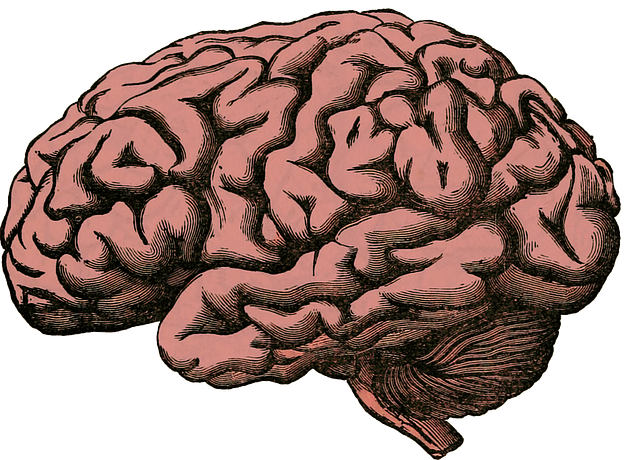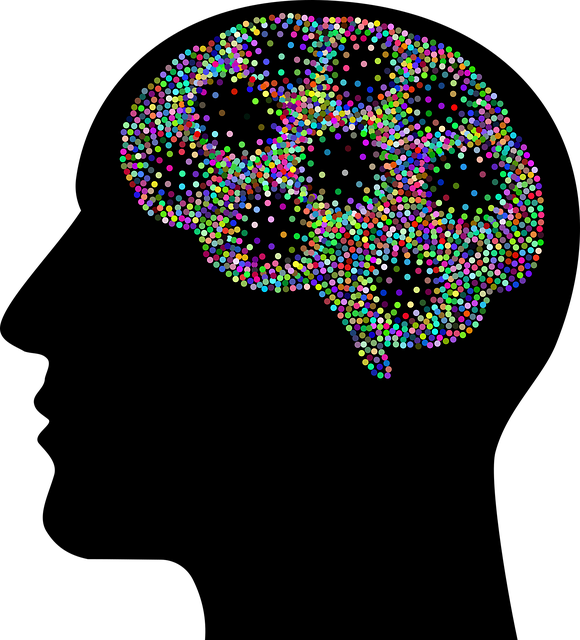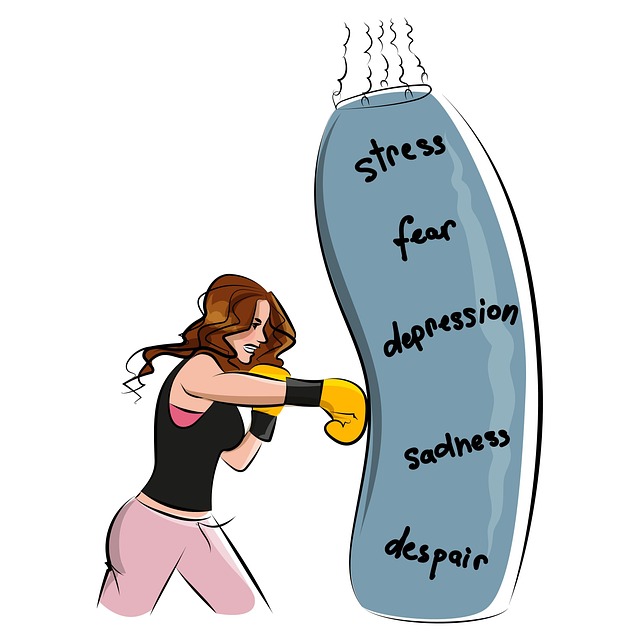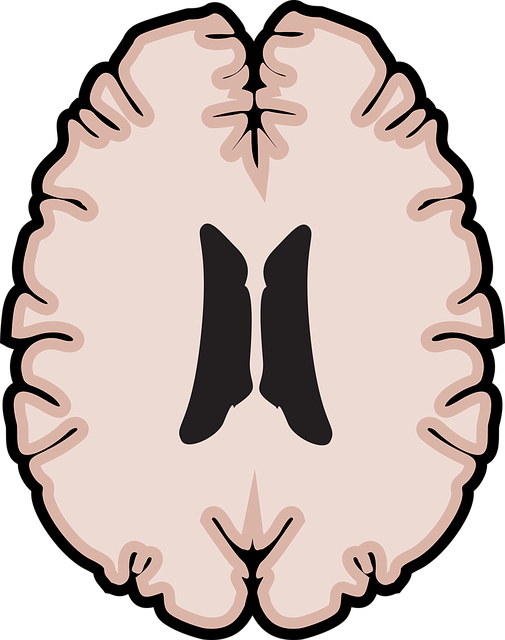Castle Rock Psychological Testing & Therapy offers a revolutionary approach to mental wellness, focusing on building resilience through the RFM Framework (Resistance, Flexibility, Mastery). Using comprehensive assessments and tailored programs, they empower clients to develop effective coping strategies for stress management and anxiety relief. Their holistic approach includes therapy sessions, coaching, mindfulness exercises, art therapy, and mental health education, all designed to enhance self-awareness, emotional regulation, adaptability, and overall well-being. Continuous improvement is ensured through meticulous evaluation, feedback integration, and standardized psychological testing, making Castle Rock Psychological Testing & Therapy a leading provider in transformative mental wellness solutions.
In today’s fast-paced world, building resilience is paramount for personal and organizational success. This article explores the implementation of RFM (Recovery, Flexibility, and Motivation) as a robust framework for enhancing resilience. We delve into the role of Castle Rock Psychological Testing in assessing mental fortitude and designing tailored training programs. By combining evidence-based exercises to strengthen emotional coping mechanisms, professionals can empower individuals to navigate challenges effectively. Through continuous measurement and improvement, organizations can foster a culture of resilience, leveraging Castle Rock Psychological Testing Therapy for long-term well-being.
- Understanding RFM: A Framework for Resilience Building
- The Role of Castle Rock Psychological Testing in Assessment
- Designing Effective Resilience Training Programs
- Implementing Exercises to Enhance Emotional Coping Mechanisms
- Measuring Success and Continuous Improvement
Understanding RFM: A Framework for Resilience Building

Resilience is a crucial aspect of mental wellness, enabling individuals to navigate life’s challenges and adapt to change. Castle Rock Psychological Testing & Therapy offers an innovative approach to building resilience through the RFM Framework. This method focuses on three key components: Resistance, Flexibility, and Mastery.
By assessing and enhancing these areas, individuals can develop effective coping strategies for managing stress and anxiety relief. The RFM model encourages clients to identify personal strengths and resources, fostering a sense of control and empowerment. Through therapy and tailored mental wellness coaching programs, Castle Rock’s experienced professionals guide individuals in cultivating flexibility in thinking and behavior, enabling them to adapt to various situations and promote overall well-being.
The Role of Castle Rock Psychological Testing in Assessment

Castle Rock Psychological Testing offers valuable tools for assessing individuals’ mental resilience and emotional well-being. Through comprehensive therapy and evaluation methods, this approach aids in identifying strengths and weaknesses that contribute to overall psychological health. The process involves administering carefully designed questionnaires and conducting in-depth interviews to gain insights into an individual’s thought processes, behaviors, and emotional responses. This data is then analyzed to create a tailored plan for resilience building.
By utilizing Castle Rock Psychological Testing, individuals can better understand their stress response mechanisms and emotional triggers. This self-awareness is crucial for preventing burnout and managing stressful situations effectively. Moreover, the insights derived from these tests facilitate the integration of conflict resolution techniques and compassion cultivation practices into one’s life, fostering healthier interpersonal interactions and enhancing overall resilience.
Designing Effective Resilience Training Programs

Designing effective resilience training programs is a multifaceted endeavor that involves understanding the unique needs and challenges faced by individuals or communities. At Castle Rock Psychological Testing & Therapy, we recognize that building resilience isn’t just about coping with stress; it’s about fostering adaptability, growth, and a sense of agency in the face of adversity. Our approach leverages evidence-based practices and Mental Health Policy Analysis and Advocacy to create tailored programs that address root causes of mental health issues, including stigma reduction efforts.
Mental Health Education Programs Design play a pivotal role in empowering individuals with the knowledge and skills necessary for resilience. We integrate these programs into our training curriculum, ensuring they align with current best practices and are culturally sensitive. By combining theoretical understanding with practical exercises, we enable participants to navigate life’s challenges more effectively, ultimately enhancing their overall mental health and well-being.
Implementing Exercises to Enhance Emotional Coping Mechanisms

Implementing exercises to enhance emotional coping mechanisms is a key component of Castle Rock Psychological Testing & Therapy’s holistic approach to mental wellness. By integrating activities that promote self-awareness, stress reduction, and emotion regulation, individuals can develop robust coping skills tailored to their unique needs. These exercises cater to diverse preferences, from mindfulness practices like deep breathing and meditation, to creative outlets such as journaling and art therapy, ensuring accessibility for all.
Through regular practice, these techniques foster a deeper understanding of one’s emotional landscape, empowering individuals to navigate challenging situations with greater resilience. The design of mental health education programs within Castle Rock Psychological Testing & Therapy focuses on teaching practical tools that can be applied in daily life, promoting long-term mental wellness and enhancing the ability to cope effectively during stressful times.
Measuring Success and Continuous Improvement

Measuring success and continuous improvement go hand in hand when implementing resilience-building exercises like those provided by Castle Rock Psychological Testing & Therapy. The effectiveness of such programs can be gauged through various methods, including pre-post assessments, participant feedback, and behavioral observations. By administering standardized psychological tests before and after the intervention, professionals can quantify changes in individuals’ mental wellness and emotional coping mechanisms.
This data-driven approach allows for a nuanced understanding of each client’s journey and helps therapists tailor future sessions accordingly. Moreover, regular check-ins and ongoing communication with participants enable practitioners to identify areas where additional support might be needed, fostering continuous improvement. Incorporating conflict resolution techniques into these exercises can further enhance mental wellness by equipping individuals with the skills to navigate challenging situations more effectively.
In conclusion, implementing RFM (Resilience Framework Model) and resilience-building exercises through Castle Rock Psychological Testing & Therapy can significantly enhance emotional coping mechanisms. By designing effective training programs and measuring success continuously, individuals can develop the strength to navigate life’s challenges. Integrating these strategies into personal growth plans fosters a more resilient mindset, ultimately leading to improved well-being and enhanced quality of life.











